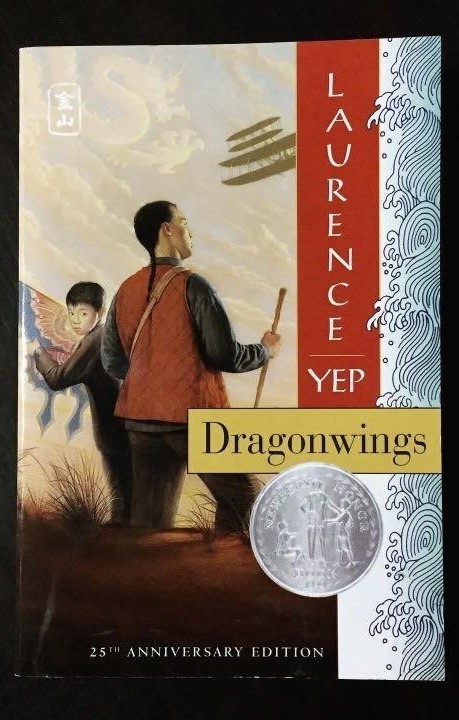Education Advocacy
Schools and education systems serve a crucial role in nurturing the next generation to be future leaders who can create a more equitable society. Yet, our education system remains inequitable for communities of color and other marginalized groups. We work to promote educational equity for the nation’s diverse Asian American communities and to protect the civil and human rights of all students and families.

Asian American Studies and Ethnic Studies in K-12 Curriculum
We understand Asian American history as American history, and our children deserve to see their histories reflected in the classroom. It is through education that we can systematically address prejudices, stereotypes, and biases that lead to misinformation, disinformation, bias, prejudice, and—ultimately—violence. It is critical that future leaders of our society recognize Asian Americans, and all Americans, as equally integral to American history and American society. Together, we can build intercommunity solidarity and a more inclusive future.
Advancing Justice — AAJC has provided testimony in support of bills that seek to diversify history curricula. One of the affiliates, Advancing Justice – Chicago, led the historic passage of the Teaching Equitable Asian American Community History (TEAACH) Act in Illinois and has put together resources on curriculum change implementation. The Asian American Education Project has created history curricula that educators can use in their classrooms and also offers professional development workshops.
 Bans and Gag Orders
Bans and Gag Orders
Our children's right to learn diverse curricula — including Asian American history, literature, and culture — is under attack with bans and gag orders. Most recently, Dragonwings by Laurence Yep, an award-winning novel about the experiences of Chinese immigrants in the 20th century, was banned in a Tennessee school district. These laws chill any efforts by educators and families to foster honest discussions about race, diversity, and history in schools. To learn more about our work in promoting honest education, please see our Wholestory Education (WE) Campaign page.
Data Disaggregation
Detailed and disaggregated data is critical to identifying and advocating for the needs of the most marginalized members of our community. This is especially important when it comes to educational equity, because we firmly believe that every child — regardless of ethnicity, language ability, or immigration status — should have equal access to opportunities to learn and grow. Advancing Justice — AAJC continues to advocate for data disaggregation, most recently with the Civil Rights Data Collection of the U.S. Department of Education.
Equity in Access to Education
Advancing Justice — AAJC has played a leading role in preserving and protecting diversity and the consideration of race in order to ensure equity in access to education. We oppose attempts to use Asian Americans as a wedge against other communities of color. Asian American students benefit from diversity and affirmative action policies, including measures to address and remove existing barriers to educational opportunities. We are involved in lawsuits across the country to ensure that all communities of color continue to benefit from policies that seek to provide equitable access to educational opportunities.
We also work to promote educational equity for all students, regardless of immigration status. Learn more about renewed threats to strip undocumented children's right to access K-12 public education — and how we can all work together to preserve the right to go to school.
Protecting Funding for Public Education
At Asian Americans Advancing Justice | AAJC, we work to promote educational equity for the nation’s diverse Asian American communities and to protect the civil and human rights of all students and families. Strong, fully funded public schools play a vital role in promoting equity for children and equipping them to grow into future leaders.
Recently, there has been a resurgence of school voucher legislation at the state and federal levels. This directly impacts 2.7 million Asian American (AA) and 182,000 Native Hawaiian (NH) and Pacific Islander (PI) children currently attending U.S. public schools. These vouchers destabilize and defund public education, and lead to negative outcomes for students. Read more about the harmful effects of school vouchers and how to take action here.
